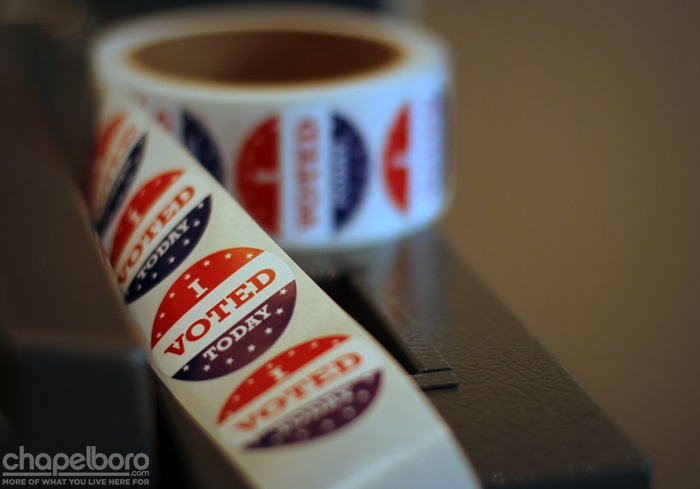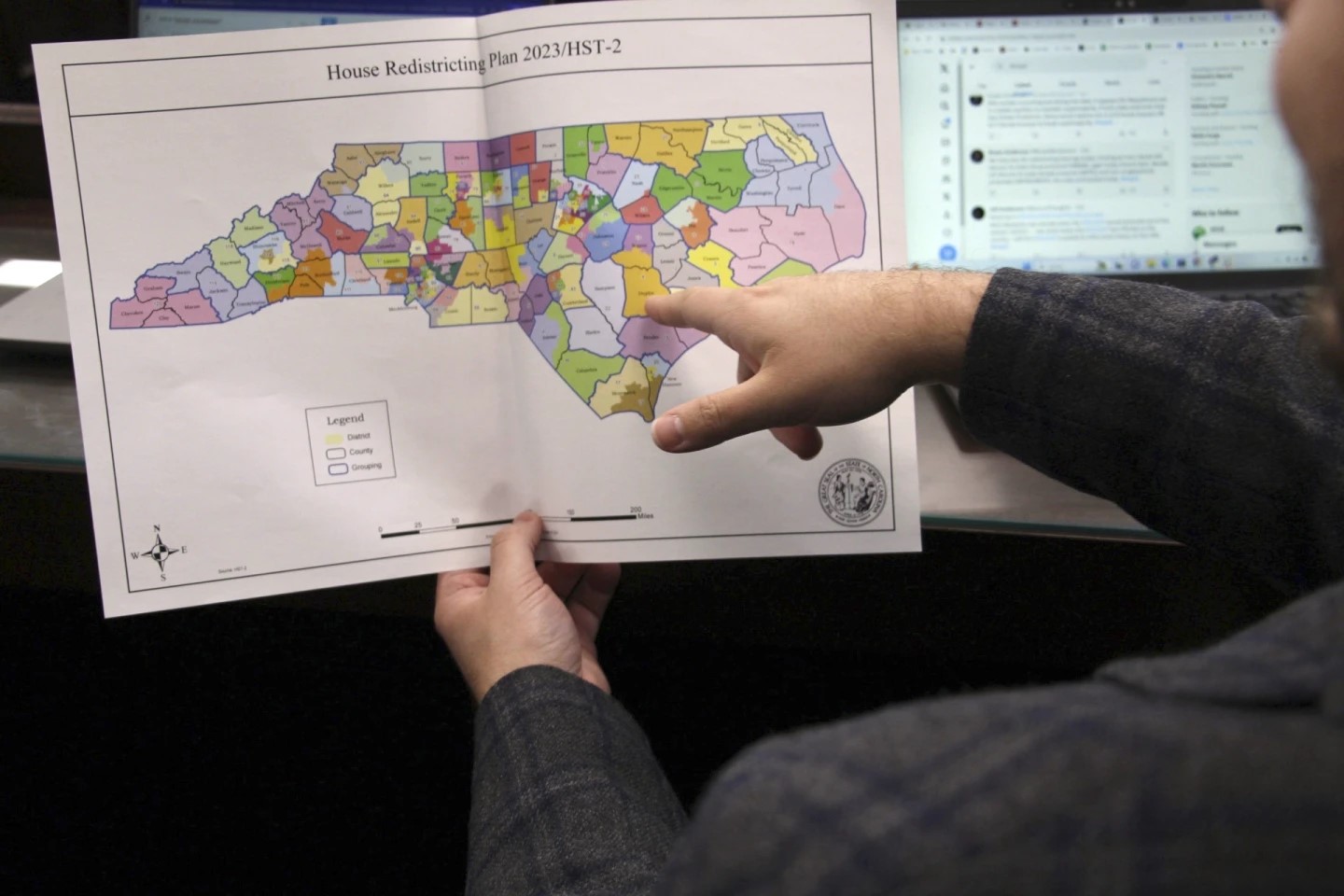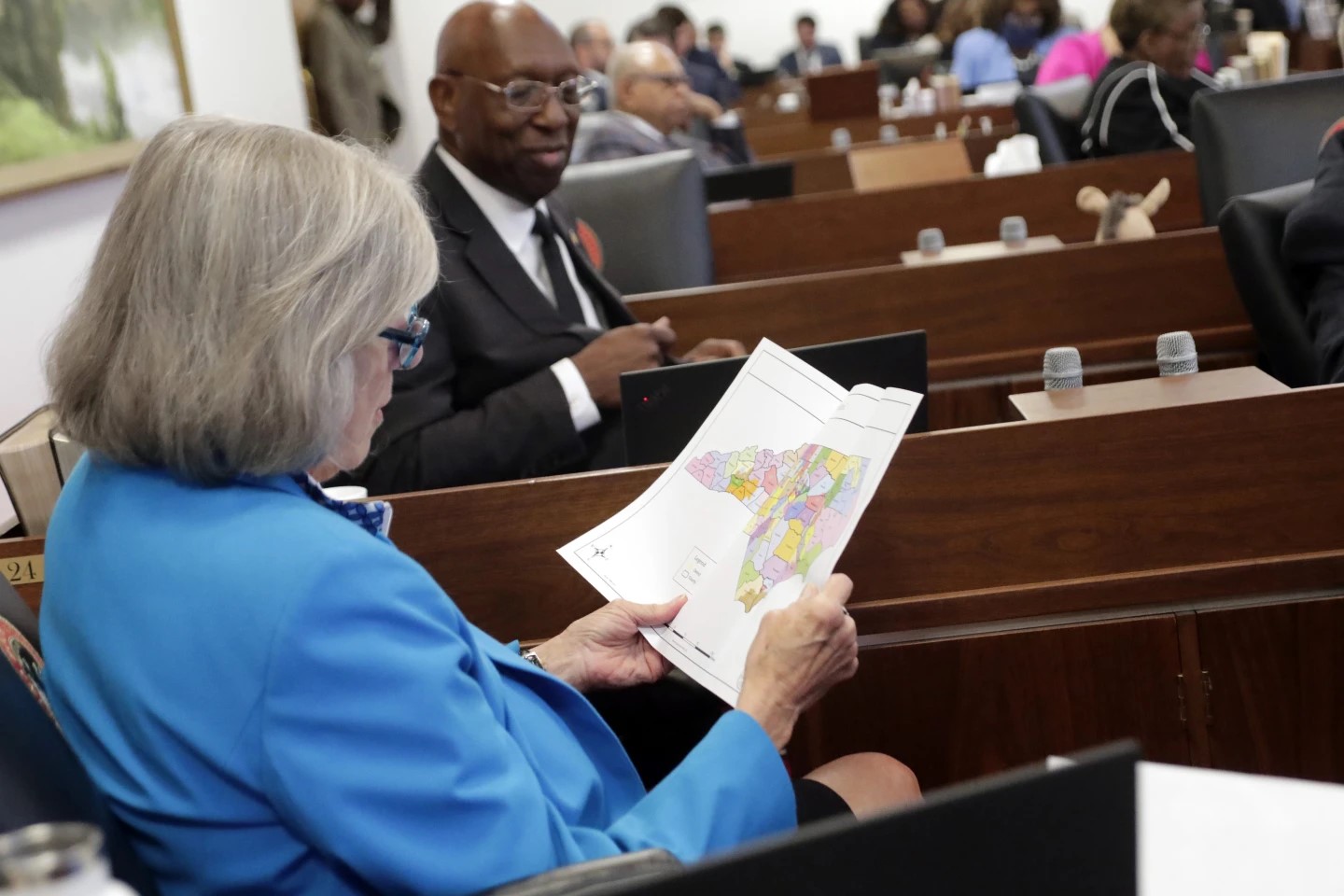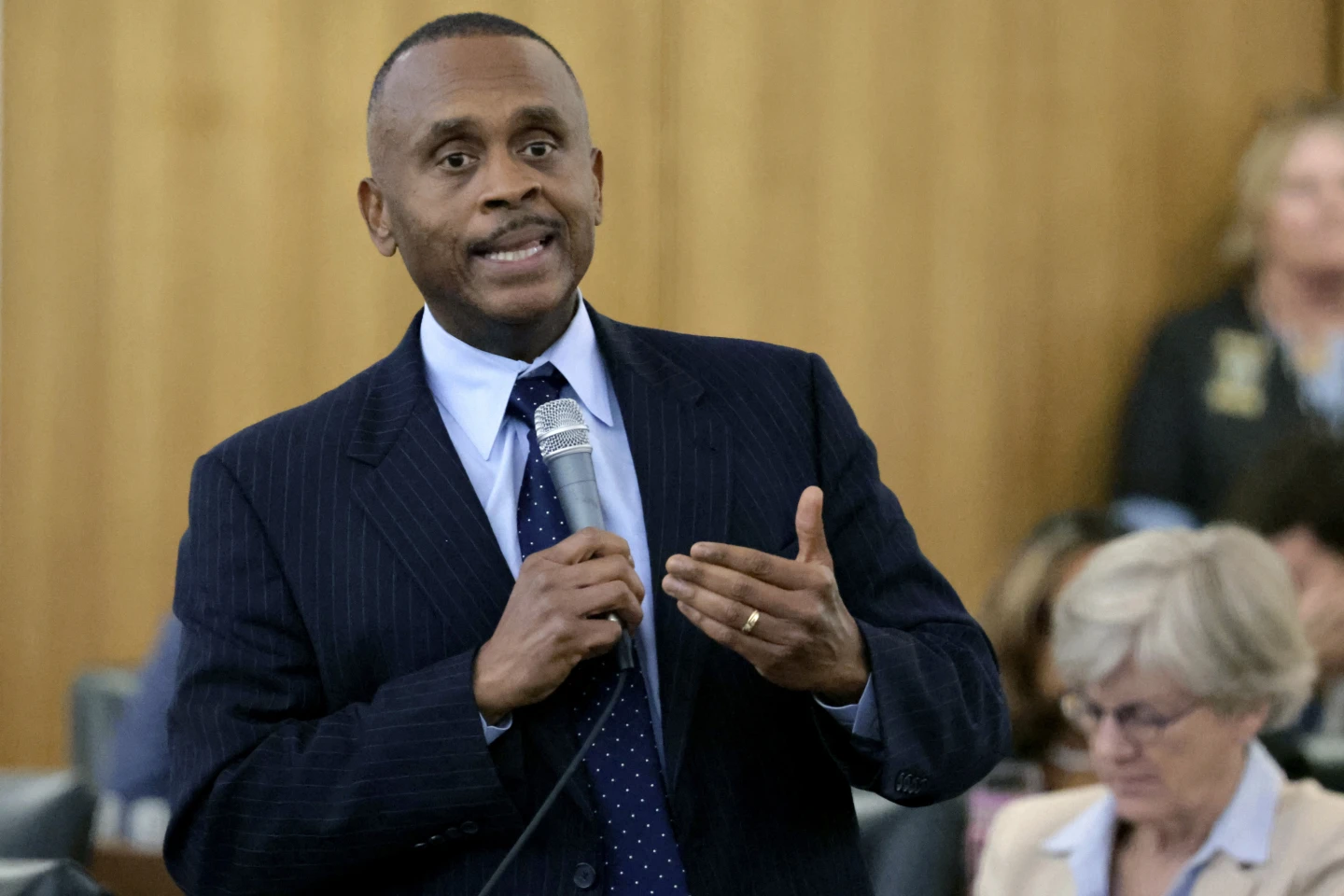A panel of three federal judges determined North Carolina’s congressional maps to be unconstitutional last week, claiming the map gave Republicans an unfair advantage.
The unprecedented ruling marks the first time a federal court has blocked a congressional map due to partisan gerrymandering.
Director of the North Carolina Coalition for Lobbying and Government Reform Jane Pinsky called the decision a “landmark ruling”.
“It is the first time that a court has said that overly partisan gerrymandering, or overly partisan redistricting, violates our first amendment right to free speech and freedom of association,” said Pinsky.
The ruling also claimed that the maps violate Article I of the Constitution, which says that citizens are to elect members of the House of Representatives, and that they take away from citizens’ equal protection clause.
The judges demanded GOP legislators redraw the maps by January 24, which could make it difficult for Republicans to hold onto their seats.
Republicans currently hold 10 out of 13 seats in the state, although according to Pinsky and the ruling, these seats were obtained unfairly.
“[The maps] were putting in the legislators’ hands the choice of who’s going to represent us in congress and the legislature,” said Pinsky. “So, it is a real problem.”
Due to the compressed timeline before the candidate filing period begins on February 12 and fears that will not be enough time for judges to review the new maps, judges plan to appoint an expert to redraw the maps in the case that the legislature doesn’t act or redraws defective maps yet again.
This hard-line ruling by the federal court could be factored into two similar cases in Wisconsin and Maryland, which have been argued before the United States Supreme Court.
The legislature has appealed the ruling to the Supreme Court, asking for an emergency stay to stop the process from going forward.
“If that happens, it will depend on whether the Supreme Court says, ‘We’ll stay this for a week, or we’ll stay this until we have a decision in the Wisconsin Case.”
The plaintiffs have until Wednesday to respond at the Supreme Court to the Republicans’ request to delay drawing new districts.






Comments on Chapelboro are moderated according to our Community Guidelines